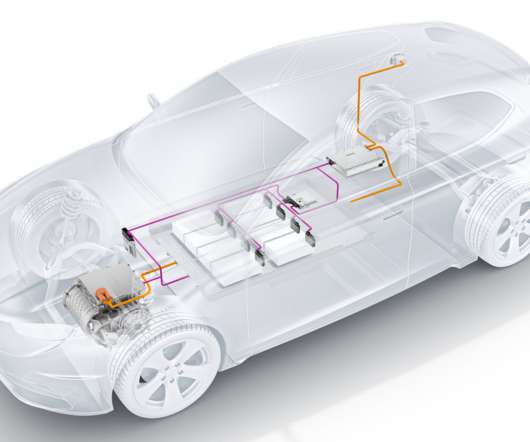Panasonic Energy and NMG sign non-binding MoU for anode material
Green Car Congress
OCTOBER 21, 2022
(NMG) and Panasonic Energy entered into a Framework Agreement establishing the terms of the commercial relationship between the parties to enable the next development steps of NMG’s ore-to-battery-market integrated graphite project in Québec, Canada.












Let's personalize your content